Saving the girls from FGM: Inside the African village that finally rejected it
Ahead of International Day of Zero Tolerance for FGM on Saturday 6th February, we consider how deeply rooted the practice has been in Guinean culture for centuries – and meet the southeastern village proudly taking a stand against it.
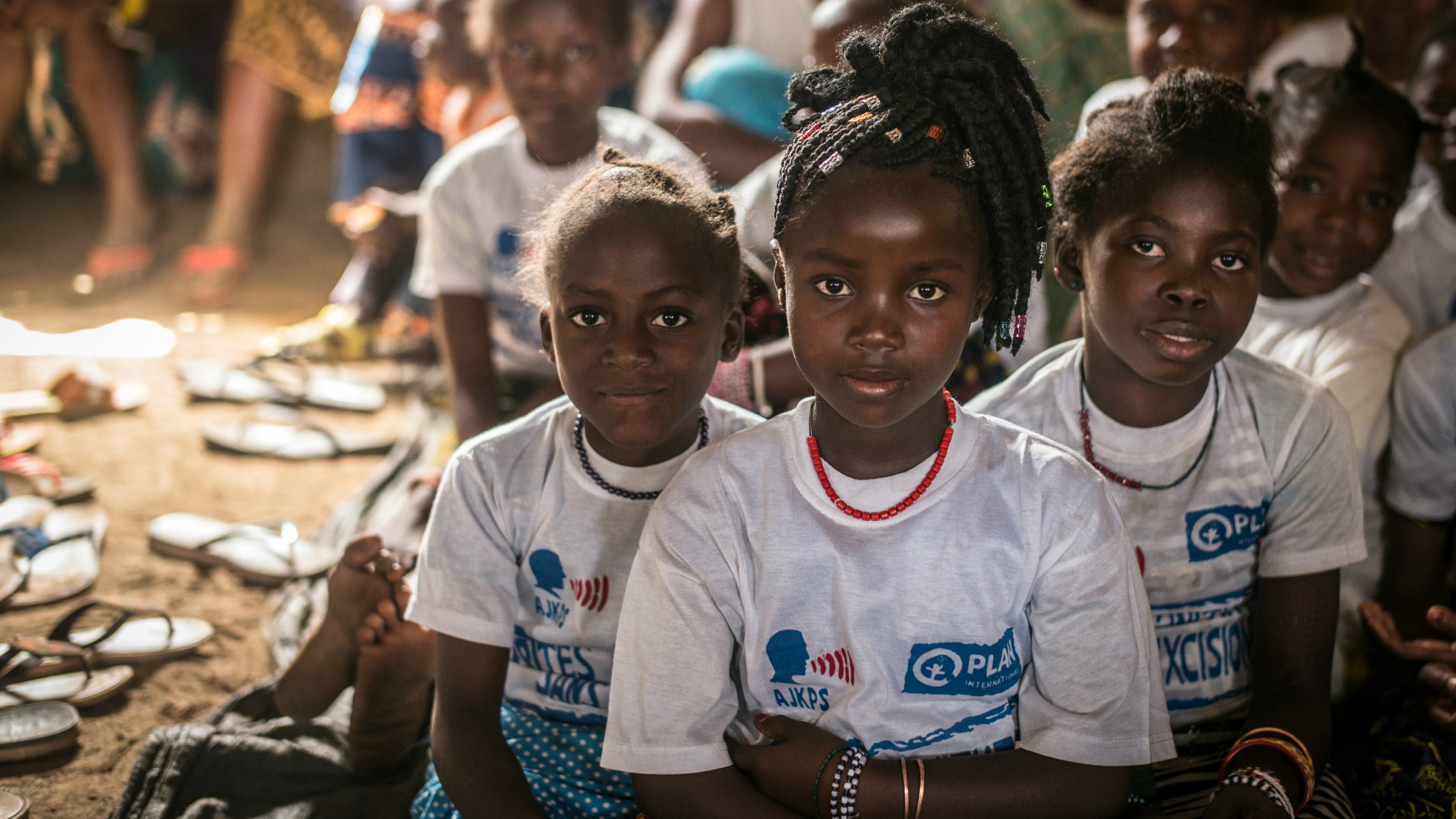
Ahead of International Day of Zero Tolerance for FGM on Saturday 6th February, we consider how deeply rooted the practice has been in Guinean culture for centuries – and meet the southeastern village proudly taking a stand against it.
At least 200 million girls and women alive today have undergone female genital mutilation. And owing to the coronavirus pandemic, these stark figures are only set to surge further. According to the United Nations, it's thought that by 2030 – on top of the 68 million cases that had previously been anticipated – an additional 2 million girls could be subjected to FGM.
That's 70 million more women and girls potentially having to endure FGM in the next nine years.
Ahead of International Day of Zero Tolerance for FGM on Saturday 6th February, we look at the vital work Plan International is doing to end FGM and empower young women.
FGM: the facts
Female genital mutilation is mostly carried out on girls between infancy and the age of 15. Although it's primarily concentrated in 30 countries in Africa and the Middle East, it's a global issue that persists here in Western Europe, too.
FGM has no health benefits for girls and women, and is usually performed without their permission and against their will. There are a number of reasons for the violating practice – among them to 'save' a girl for marriage, a perceived need to control female sexuality, and as a coming of age ritual.
Has the pandemic led to an increase in FGM?
Although the UN have set a 2030 deadline to end FGM, it's thought that in the next nine years an additional 2 million girls – on top of the 68 million cases already anticipated – could face FGM because of the pandemic.
Celebrity news, beauty, fashion advice, and fascinating features, delivered straight to your inbox!
Lockdowns and school closures leaving many girls at home and at risk, coupled with economic pressures as a direct result of the pandemic, are thought to be behind a surge in cases. Which is why International Day of Zero Tolerance for FGM on Saturday 6th February serves as a timely reminder of the importance of working together to eliminate the practice.
Just what would a world without FGM look like? We go inside the Guinean village that continues to honour its ancestral traditions, while leaving FGM firmly in the past.
'We are happy and we are proud'
Hidden deep within the forested region of southeastern Guinea, a group of women from a rural community dance and sing together. This day is historic: after years of hard graft, the village will officially celebrate the abandonment of FGM.
The practice of genital mutilation is deeply rooted in guinean culture, with 97% of women having endured it as part of the region's traditional forest initiation. In 2007, Plan International Guinea pledged to start a discussion on this issue.
Now after years of discussion, multiple exchanges with authorities and talks with religious leaders and the community cutter, the village has reached this historic point.
'We are joyful! Joyful about abandoning this harmful practice for all women! We are happy and we are proud!', the women cheerfully chant.
Today, to mark the change, their daughters will participate in an alternative initiation ceremony. This is much different from what they would have experienced, because for the first time in years, no girls will have their genitals mutilated.
'Initiating girls in the forest is an ancestral custom here', says Rachel Kourouma, from the Save Girls from FGM project run by Plan International. 'For centuries, girls have been brought into the forest to be trained and have their genitals cut. It is an essential foundation of our culture. So we decided to keep the initiation tradition, but to remove the mutilation.'
And this strategy has taken off successfully, with over 1,000 girls participating in the new ritual so far. Since launching in 2007, Plan International Guinea's FGM project has worked with as many as 19 communities to formally abandon female genital cutting.
'It is the uncut girls that the village is committed to protect from this practice,' explains Raphael Kourouma, from Plan International. 'Today's ceremony does not mean that the work is finished. Every village that gives up FGM is of course a victory. But now, the protection structures that we put in place in the village will ensure that the commitment is respected by all the community, and to act as needed.'
Here we take a glimpse inside the village's first alternative ceremony...
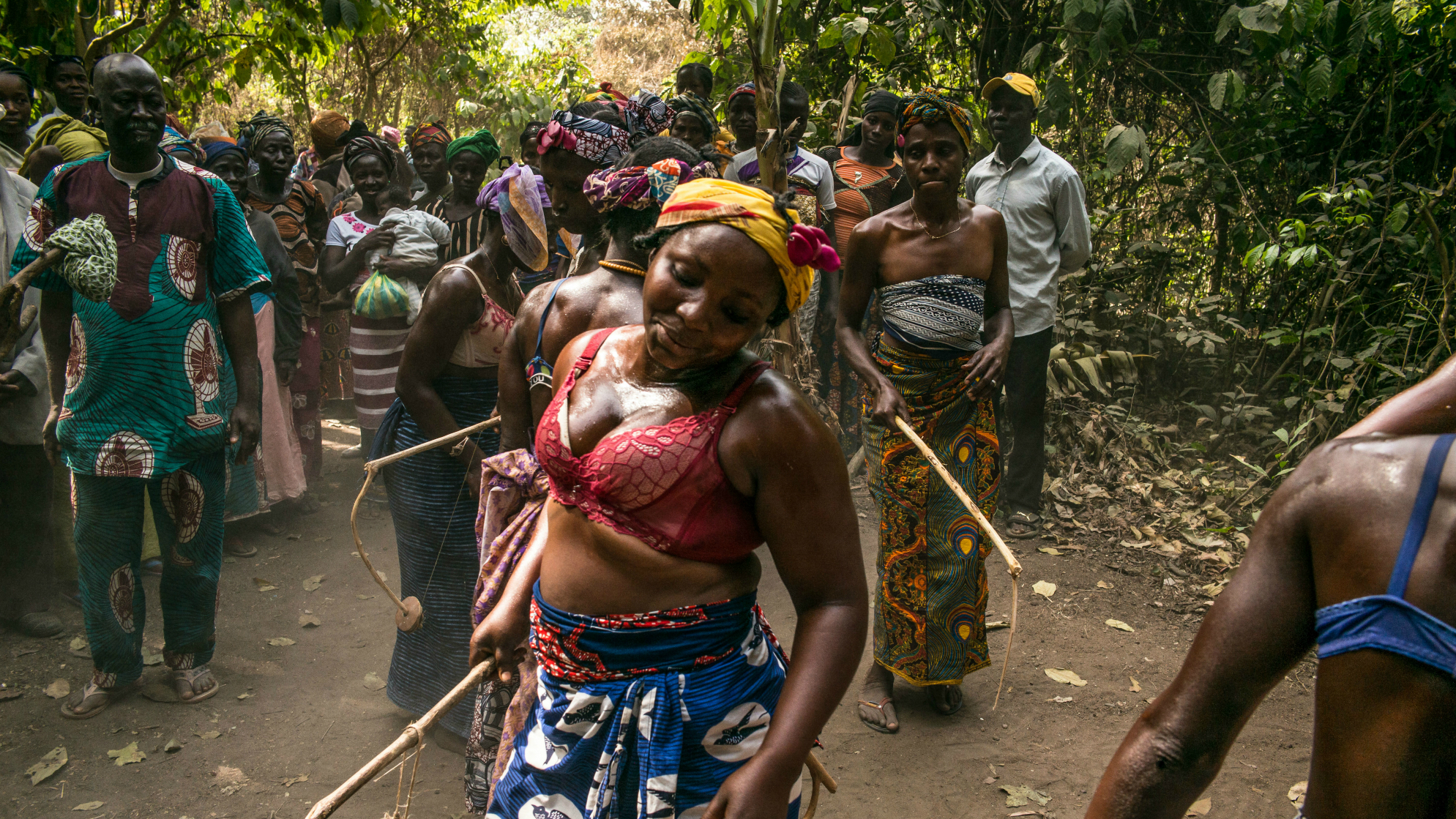
Girls participate in the alternative initiation ceremony. The local cutter is surrounded by dancers, who through song, ask her to finally put down her knife.
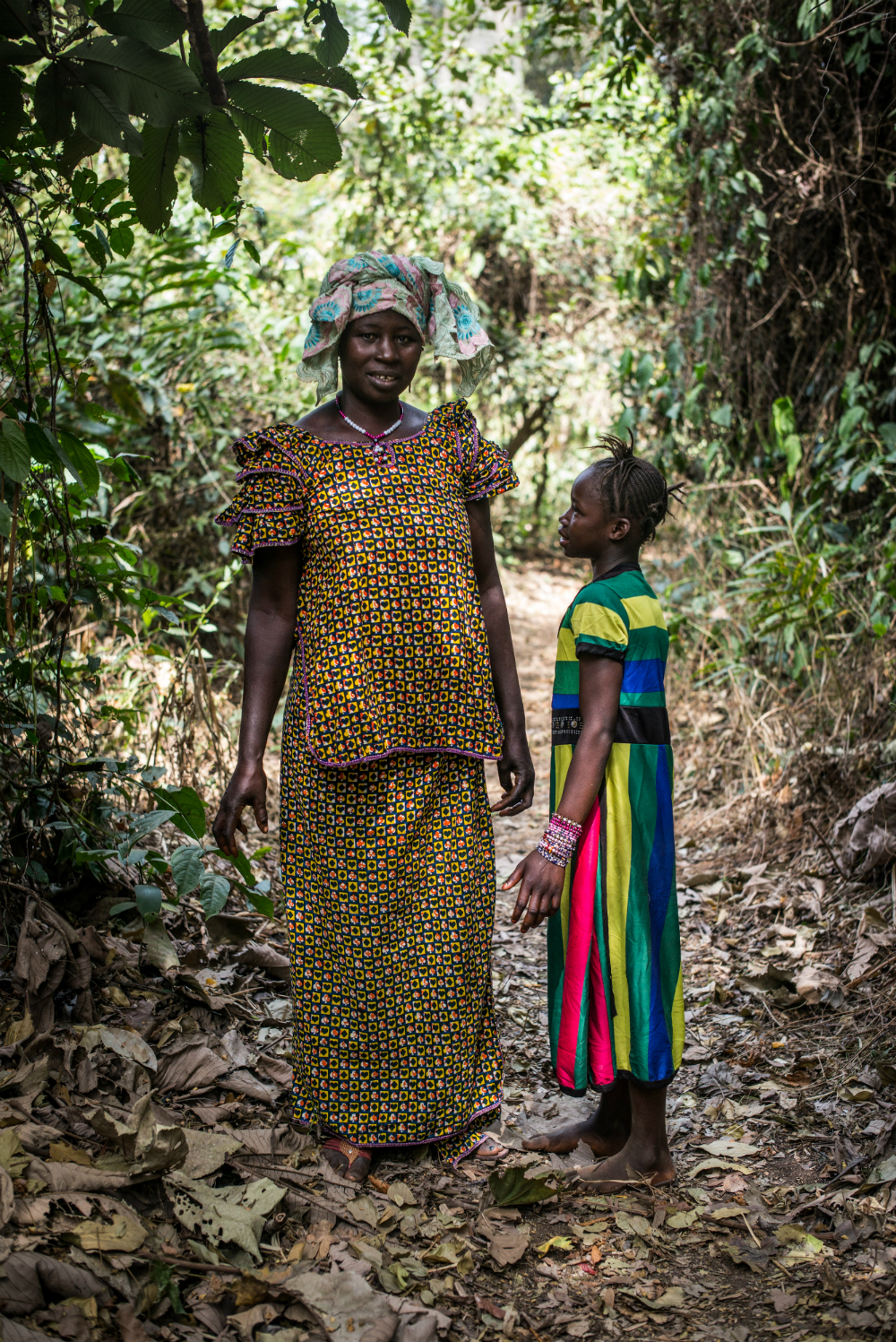
Yamba faced a traditional forest initiation when she was young, much different to the ceremony experienced by her 10-year-old daughter, Marie. 'There was so much suffering back then. I am happy that my daughter participated in this alternative ceremony, because she has learnt a lot about our customs but has not been not hurt as we used to be.'
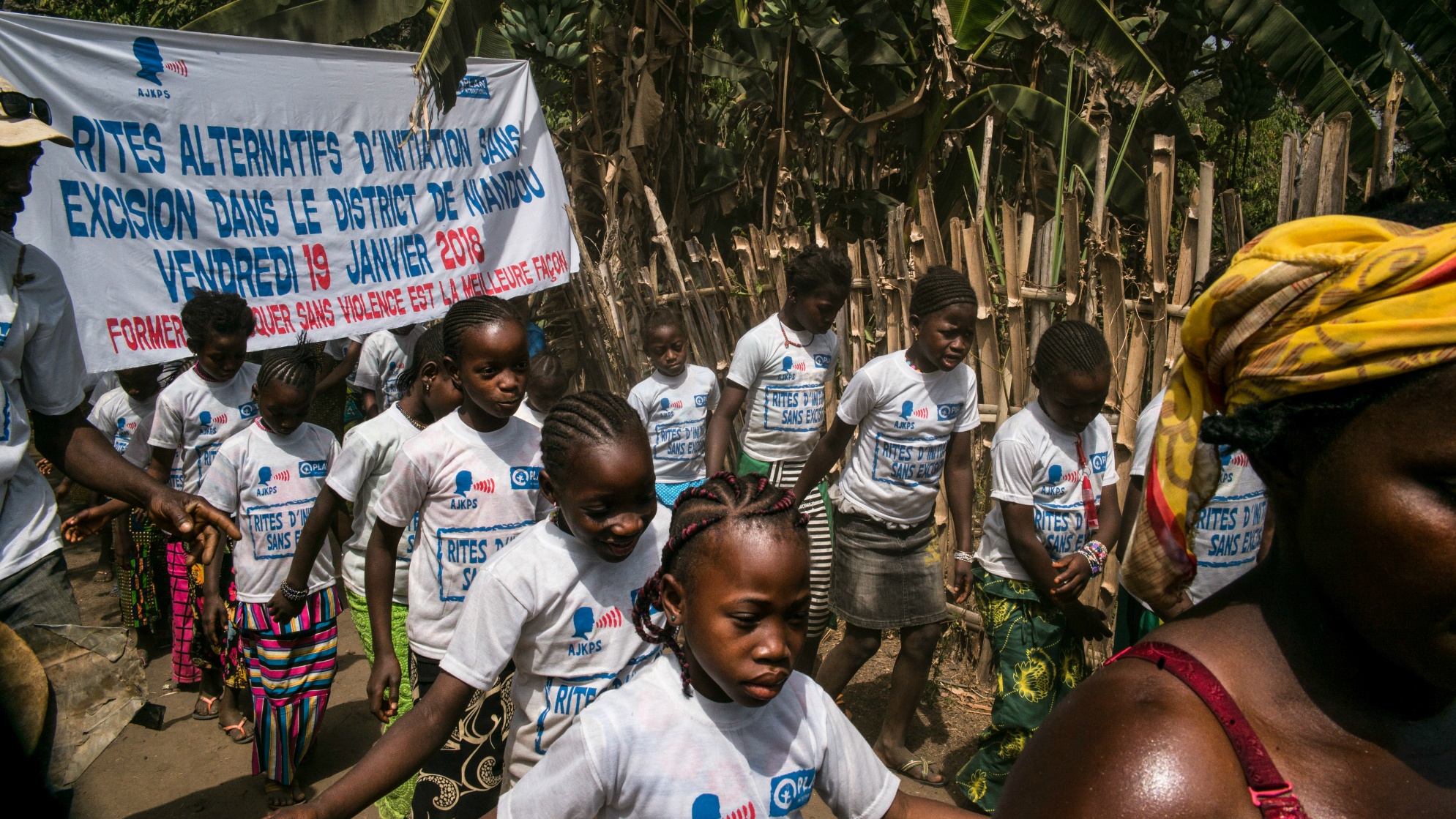
Women and girls parade out of the forest at the end of the alternative initiation ceremony in Forested Guinea region.
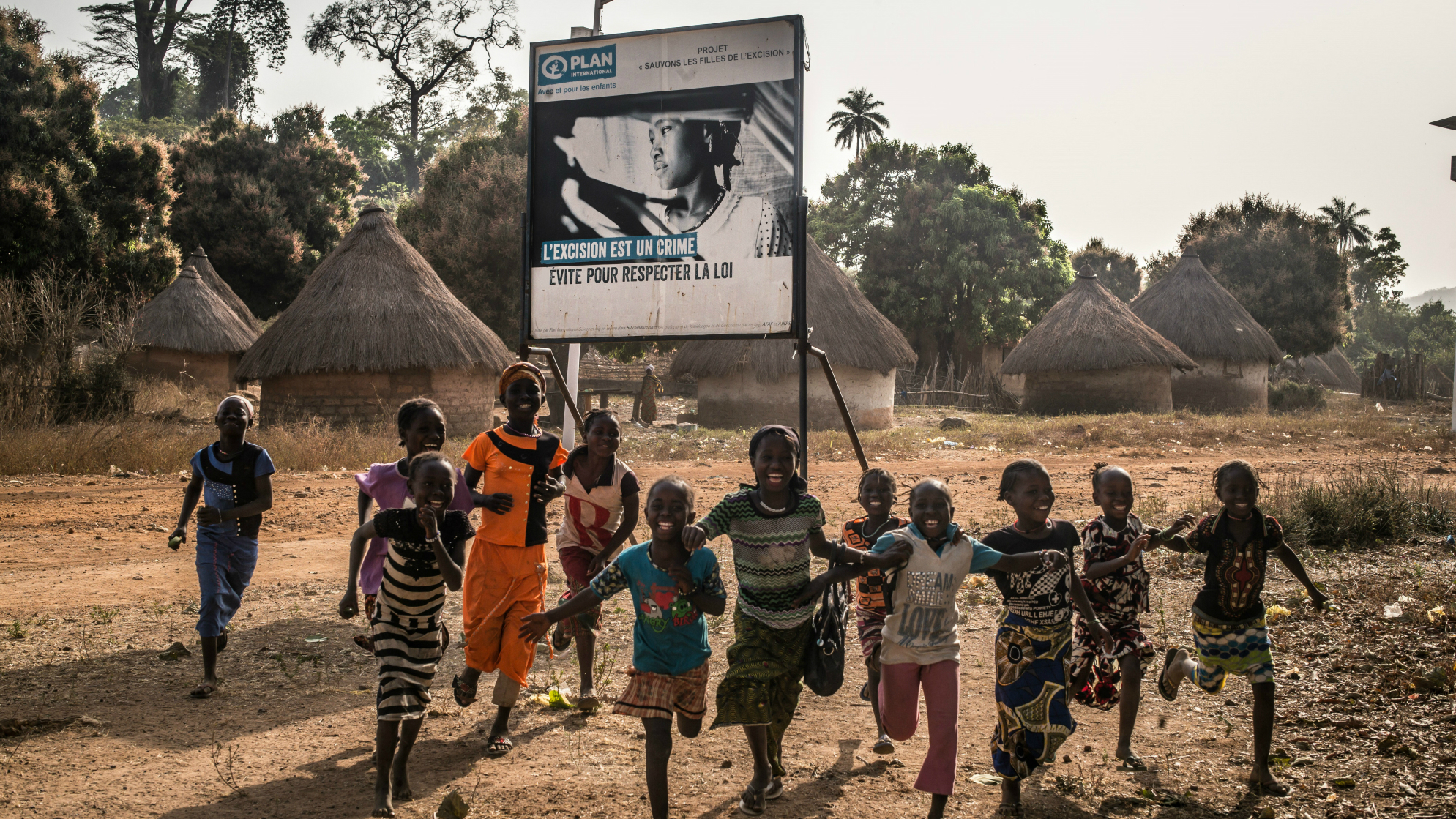
Children gleefully run below a Plan International awareness raising sign against FGM in Manfran central district, in the Forested Guinea region.
The leading destination for fashion, beauty, shopping and finger-on-the-pulse views on the latest issues. Marie Claire's travel content helps you delight in discovering new destinations around the globe, offering a unique – and sometimes unchartered – travel experience. From new hotel openings to the destinations tipped to take over our travel calendars, this iconic name has it covered.